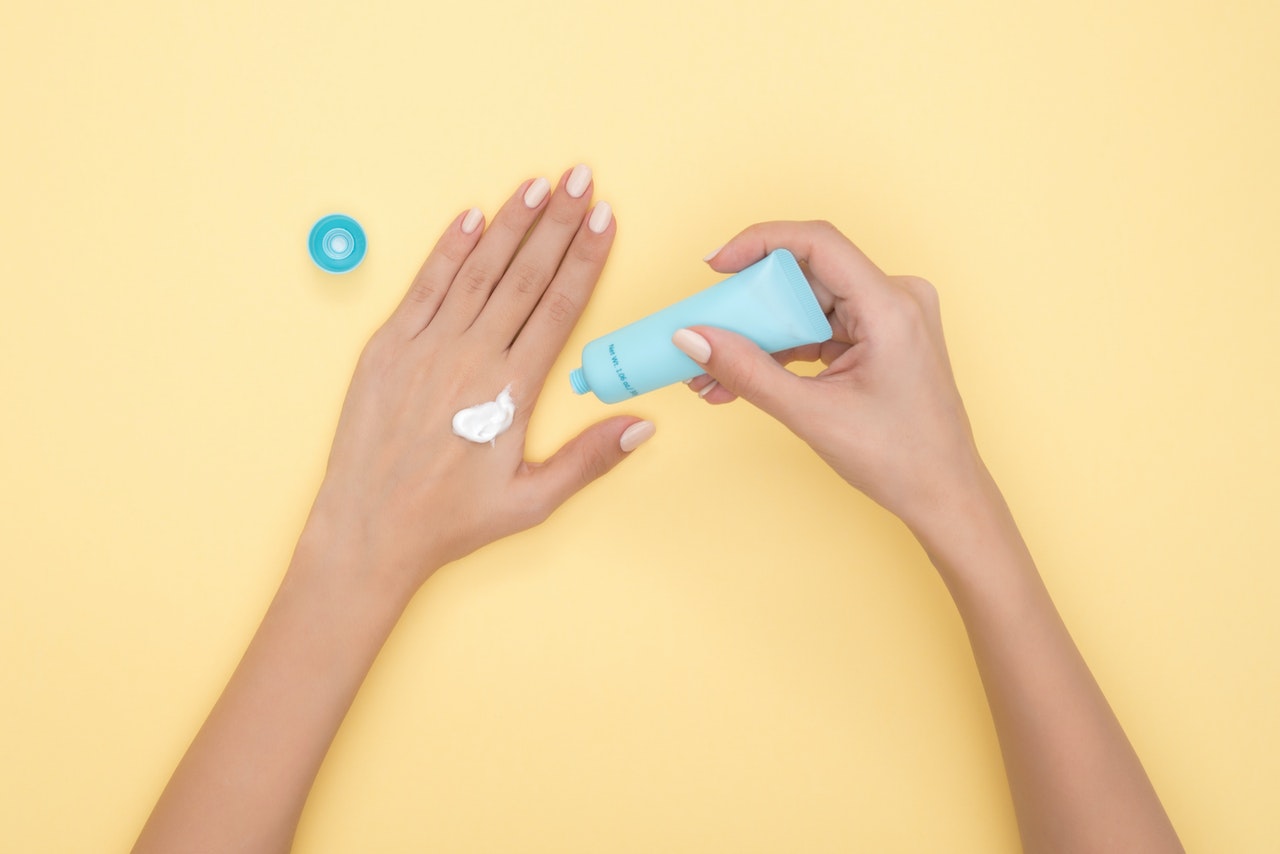From barbeques and picnics to water sports and hiking, we are all enjoying more outdoor activities on these long summer days. However, all this time in the summer sun can cause some problems for our skin. Sometimes it seems that no matter how careful we may be, we still end up with a dreaded sunburn. Did you know that taking some medications can make your skin more sensitive to the sun?
How do drugs make your skin more likely to sunburn?
Drug induced photosensitivity is an adverse reaction caused by exposure to the sun while taking some medications. The most common type of this reaction occurs when drug present in the body encounters ultraviolet (UV) rays absorbed by the skin. This causes in a chemical reaction that results in cellular damage. While severity varies from person to person, the symptoms are generally a rash like sunburn with burning, stinging, or itching on parts of the body exposed to sunlight. The primary focus when managing these reactions is prevention by educating patients about their medications and sun safety. However, if you believe you may be experiencing one of these reactions, you should speak with a healthcare provider about the appropriate course of treatment.
Medications that may cause sun sensitivity
The first step to preventing these drug reactions is to see if any of the medications you are taking may cause your skin to be more sensitive to the sun. Speak with your doctor or pharmacist about all the prescription and over the counter medications you are currently using. They will be able to help you identify any drugs that may cause issues with exposure to sunlight. Here are 3 common types of medications with reports of sun sensitivity reactions:
- Antibiotics—Some types of antibiotics used to treat infection may make your skin more sensitive to the sun. Examples include ciprofloxacin, doxycycline, and sulfamethoxazole
- Anti-Inflammatory medications—Nonsteroidal anti-inflammatory drugs available both over the counter and by prescription for the treatment of mild pain could result in sun sensitivity reactions. Examples include naproxen and piroxicam
- Diuretics—Medications used commonly in the treatment of high blood pressure or to prevent fluid retention have been linked with reactions to sunlight. Examples include furosemide and hydrochlorothiazide
Sun protection tips
Anyone planning on spending time out in the sun should practice sun safety, but especially when trying to avoid sun sensitivity reactions with medications. Here are a few ways to help protect your skin:
- Limit sun exposure –Seek shade when it is available to limit time in direct sunlight. Also, try to avoid outdoor activity during peak sunlight hours of 10AM to 4PM if possible.
- Wear protective clothing—Covering your skin with clothing like long sleeved shirts, wide brimmed hats, and sunglasses may help protect your skin and eyes from the harmful effects of UV rays. Some fabrics and lenses are even designed with UV protection.
- Apply and reapply sunscreen—When choosing a sunscreen, be sure to read the labels. Look for a broad-spectrum sunscreen with a sun protection factor (SPF) of at least 30. Also, remember to reapply frequently. Even sunscreens that claim to be resistant to water suggest reapplication every 40 to 80 minutes. The appropriate application information should be available on the products labeling.
The American Cancer Society suggests combining as many of these strategies as possible when out in the sunlight. Using the appropriate defenses ensures everyone is safe and has still has fun in the sun.

